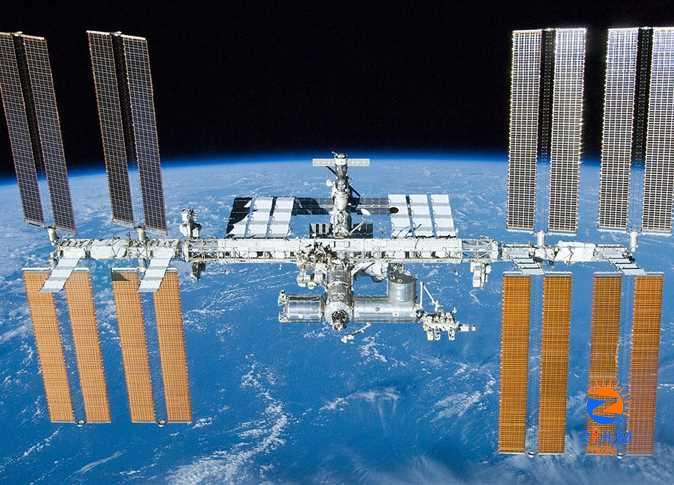
[ad_1]
Astronauts have discovered a new type of bacteria aboard the International Space Station with disturbing properties such as a heightened resistance to antibiotics and the ability to adapt to the harsh conditions of space.
The strain of Enterobacter bugandensis – a bacterium that causes gastrointestinal diseases – has shown remarkable resistance to most antibiotics, making it a serious threat to human health if it reaches Earth according to the Russian newspaper Komsomolskaya Pravda.
The bacteria appeared in samples taken from the toilet and in the exercise area. The strain has even shown behaviors that help other bacterial species survive, and has adapted to the harsh conditions of space, including radiation and low gravity.
The doctors said: “If the mutant reaches Earth, a catastrophe will occur as humans will find that antibiotics are powerless to help them, and very serious diseases can infect them, for example, sepsis in newborns, according to Komsomolskaya Pravda.”
Several studies indicated that these bacteria may help spread infectious diseases among other microorganisms, and studies show that these bacteria have evolved very quickly on the International Space Station.
The International Space Station is an enclosed environment that provides harsh conditions for microorganisms, which may explain how quickly these bacteria evolve. This discovery highlights the importance of conducting more research to better understand the nature of these bacteria and find ways to combat them.
This also serves as a reminder of the need to take preventive measures to protect astronauts from biological hazards in space. The discovery could help develop better strategies to prepare for new health risks that may arise in the future.
While information about this new bacterium is still developing, preliminary findings suggest it poses a potentially serious threat.
NASA stated that “Closed human-built environments, such as the International Space Station, are unique areas that provide a harsh environment subject to microgravity, radiation, and high carbon dioxide levels. Any microorganisms introduced into these areas must adapt to thrive.”
[ad_2]